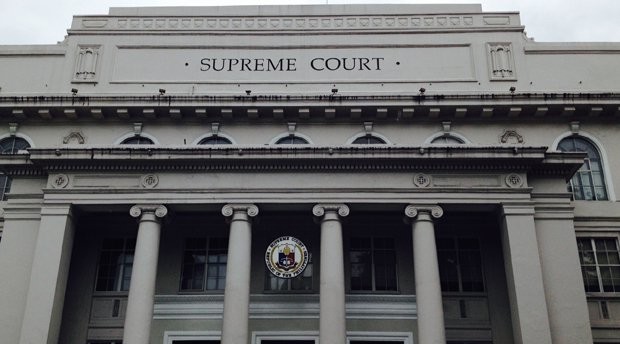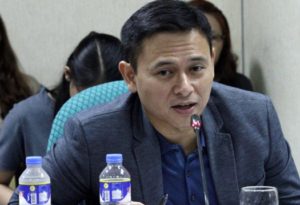The Supreme Court on Tuesday affirmed its 2013 decision limiting the membership of the congressional representative in the Judicial and Bar Council (JBC) to only one.
Voting 9-5, the high court dismissed the petition filed by Oriental Mindoro 2nd District Representative Reynaldo Umali questioning the high court’s decision that struck down the practice of allowing two members of Congress to vote in JBC deliberations.
JBC is constitutionally mandated to screen aspirants to the judiciary and the Office of the Ombudsman. It submits shortlisted candidates to the President for final determination.
Under the 1987 Constitution, the JBC is created under the supervision of the Supreme Court, composed of the Chief Justice as ex-officio chairman, the secretary of justice, and a representative of the Congress as ex-officio members, a representative of the Integrated Bar, a professor of law, a retired member of the Supreme Court, and a representative of the private sector.
In 2013, the Supreme Court ruled that Congress should only have one representative in the JBC as it rejected the argument that a single representation runs contrary to the bicameral nature of the legislative department.
But Umali, in his petition, maintained that such a set-up runs contrary to the bicameral structure of the legislature.
“A single representation not only violates the intent of the frames of the Constitution but defies reason and practicability in the process,” Umali, chairman of the House committee on justice, said.
Under the present arrangement, Umali sits in the JBC from January to June while Senator Richard Gordon, chairman of the Senate committee on justice, sits from July to December.
The decision was written by Associate Justice Presbitero Velasco Jr. and concurred in by Senior Associate Justice Antonio Carpio, Associate Justices Diosdado Peralta, Lucas Bersamin, Jose Mendoza, Estela Perlas Bernabe, Alfredo Benjamin Caguioa and Noel Tijam.
Associate Justices Teresita Leonardo De Castro, Marvic Leonen, Samuel Martires and Bienvenido Reyes dissented on the ruling.
Chief Justice Maria Lourdes Sereno took no part in the case./rga



